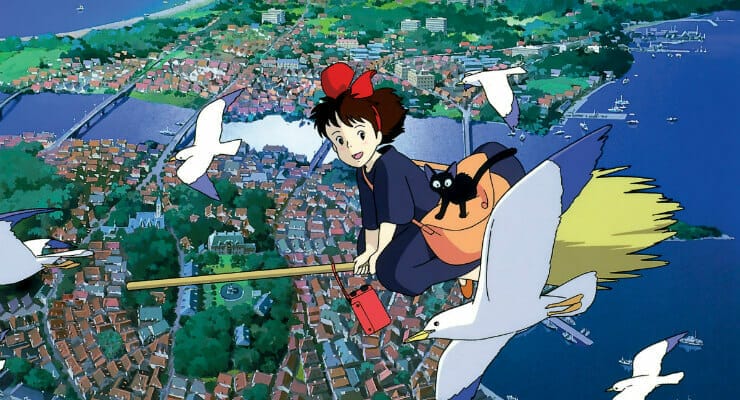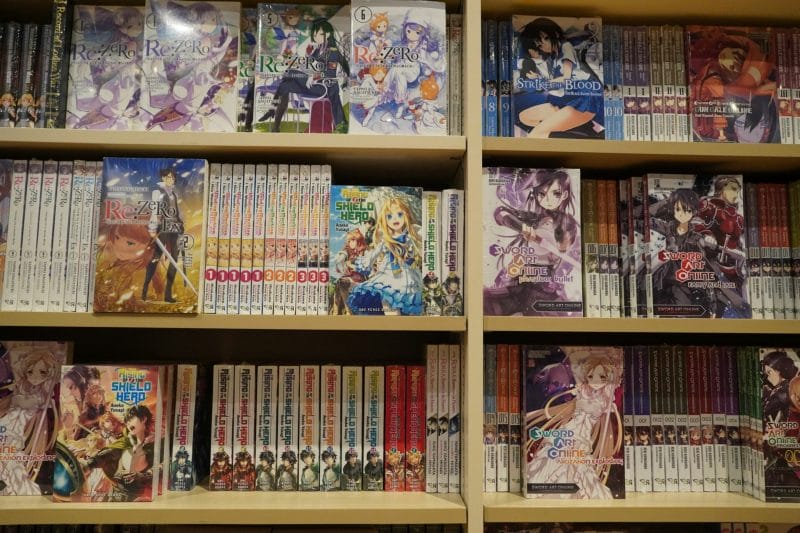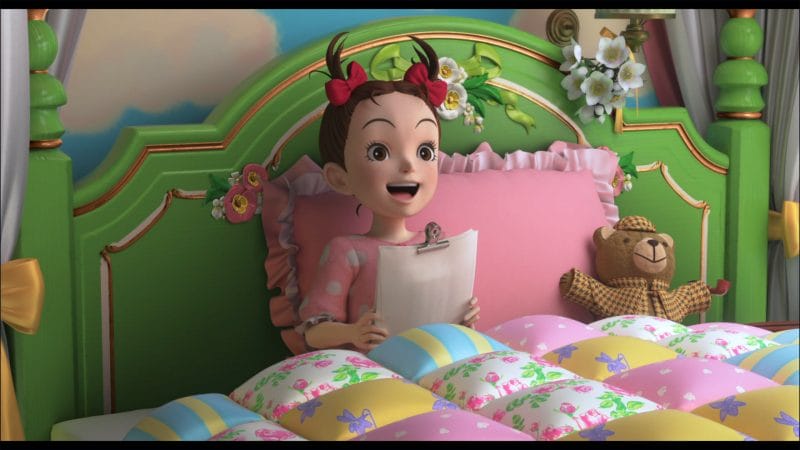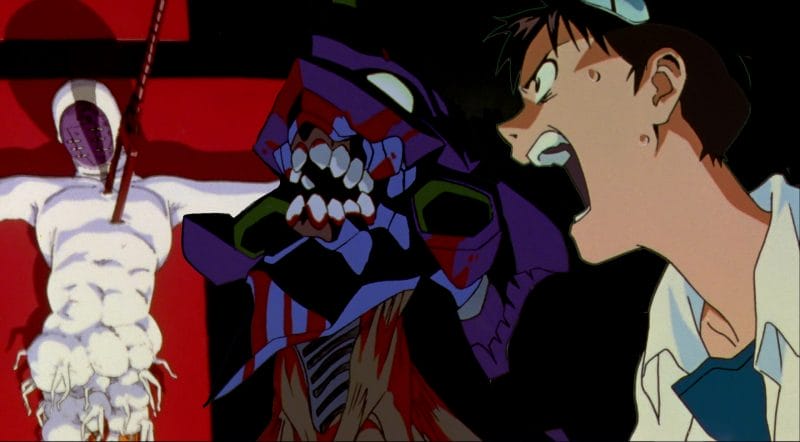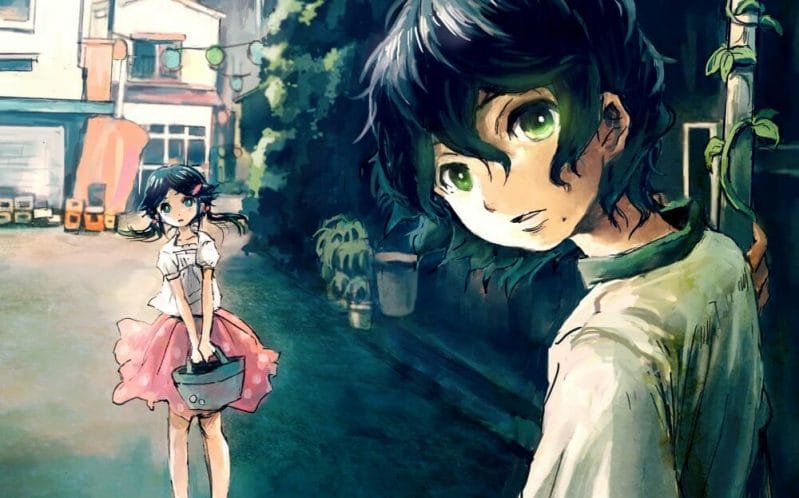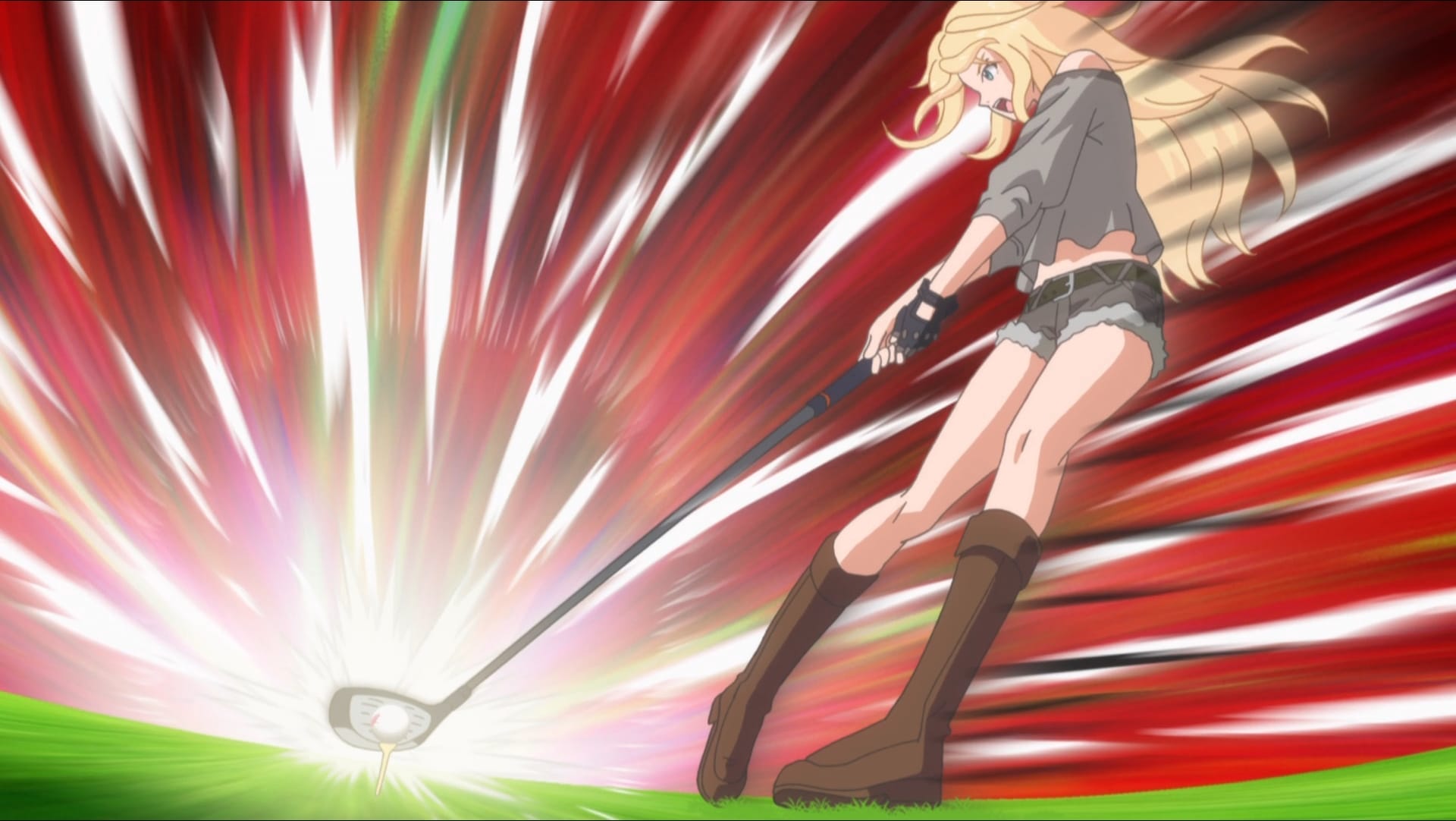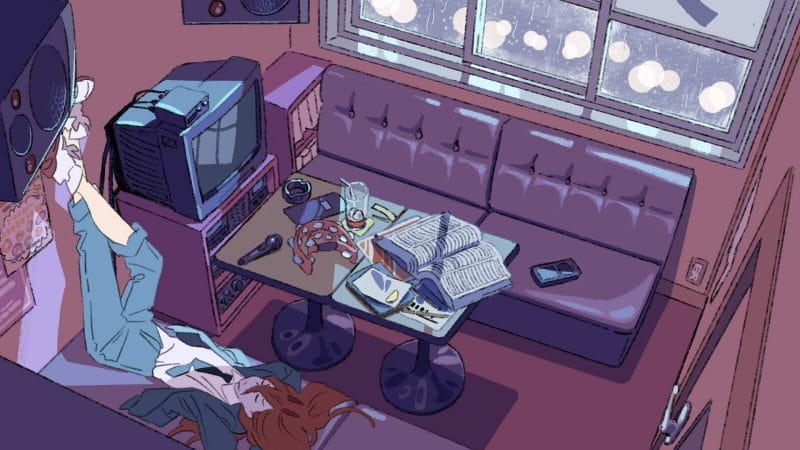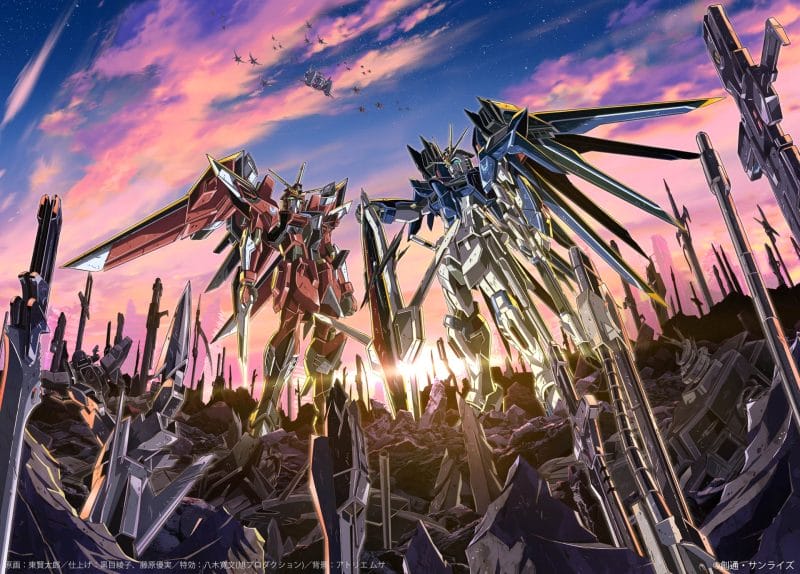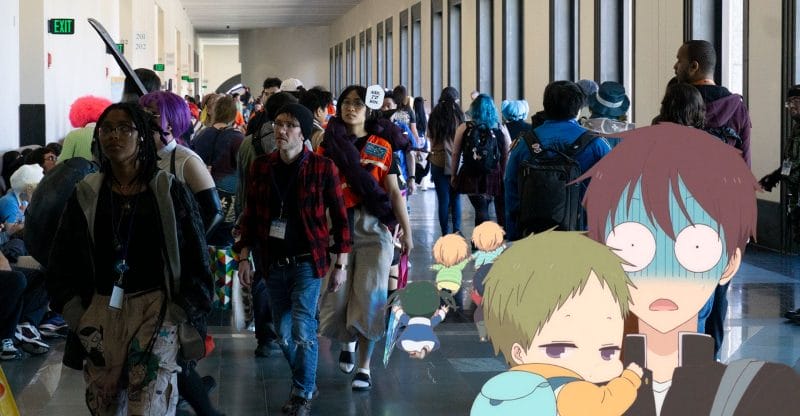Oftentimes, when facing hardship, we find comfort in the past. With the arrival of COVID-19 also came an awful and unprecedented privation of life. I longed to escape this surreal and tragic landscape, as I’m sure you did. So, why not trade it for one of promise and hope? A world where cats talk, and every town has at least one witch that they can call their own.
Thirty-one years ago, Studio Ghibli released the enchanting and uplifting film, Kiki’s Delivery Service, which was directed by legendary director Hayao Miyazaki. It quickly became the highest grossing film in Japan of that year (1989) and attracted a large fan base, though it remains notably less popular than the Miyazaki film that preceded it, My Neighbor Totoro, or his 2001 film, Spirited Away.
Still, Kiki and her sassy cat always resonated with me more.

As a child, this coming-of-age tale of a teenage witch entering the world on her own for the first time was fascinating. Her unfaltering attitude and eccentric nuances felt very different from most protagonists at the time. Whether she was saving her best friend’s life, or just delivering a birthday gift, I couldn’t help but be swept up in the magic of it all.
During the first few weeks of the pandemic, I found it impossible to resist the urge to constantly keep up with the news, absorbing the harsh new reality that awaits us all. Meanwhile, the phrase “Stay Home, Save Lives” quickly became the mantra for 2020.
It was awful, to say the least. As depression hit hard, in a completely arbitrary fashion, I found myself seeking comfort in things that brought me joy when I was young. To cope, nostalgia became a necessity.
Kiki’s Delivery Service offered that welcome comfort.
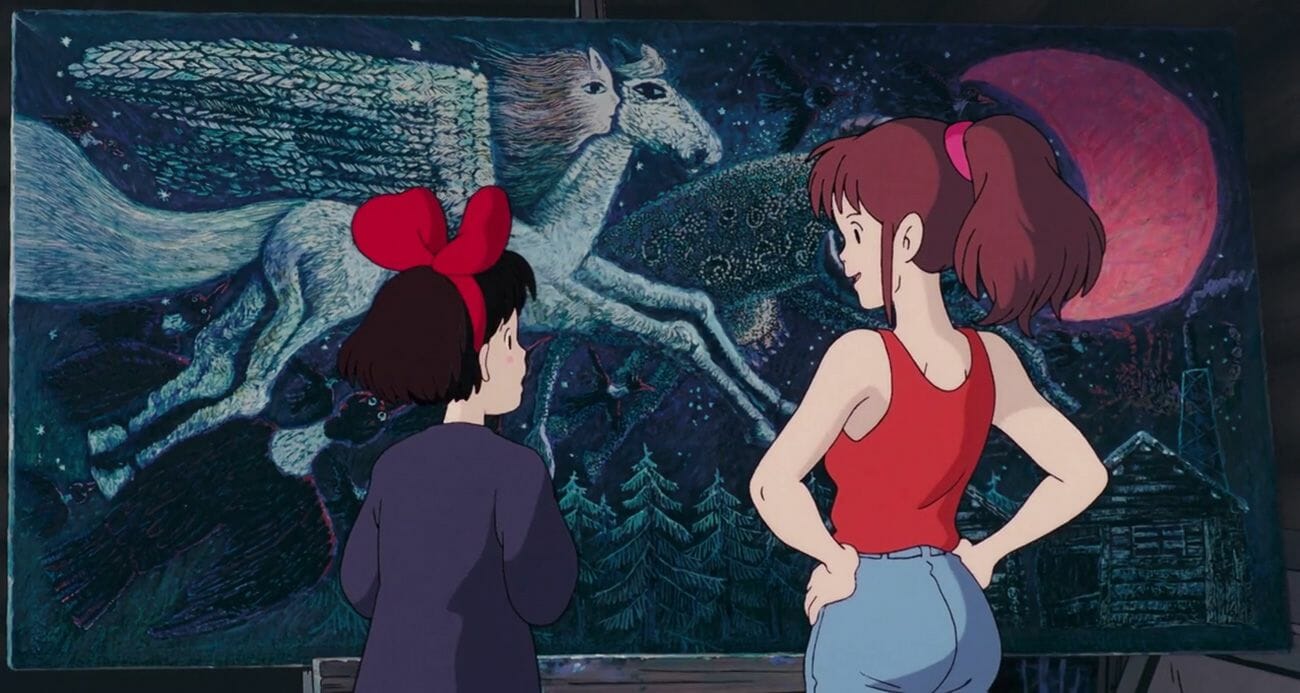
The film allowed me to look at the world through a new lens: one with a red bow in its hair and clad in a matching dress. Of course, the color of the dress is unimportant since, as the film teaches, “what matters is the heart inside.” Still, I never expected this conjuring heroine to be such an essential example of hope.
Kiki’s Delivery Service tells the tale of the titular Kiki: a thirteen-year-old witch who finds herself flying into the seaside town of Koriko with her talking cat companion, Jiji, in tow. As a rite of passage, she moves to Koriko, and proceeds to claim the city as its sole witch. As such, Kiki must quickly learn to survive on her own, at a very young age.
Thanks to her charmingly diligent spirit, she is able to win over the heart of local bakery owner Osono and opens a delivery service; making her the town’s de facto delivery girl.
Kiki is far from perfect, as we all are, and this reflective relatability made her adventure that much more effective. She was consistently rude to Tombo, a pilot in training who admired her flying capabilities, and the first person in town to befriend her. Kiki found it difficult to fit in with his friends, a feeling I’ve struggled with myself, and she questioned whether she would be accepted. We are all different, Kiki knew that and was proud of it, but would her peers be as inclusive as she was?
She decides to focus on her delivery service and in doing so, ignores Tombo’s consistent request to hang out.
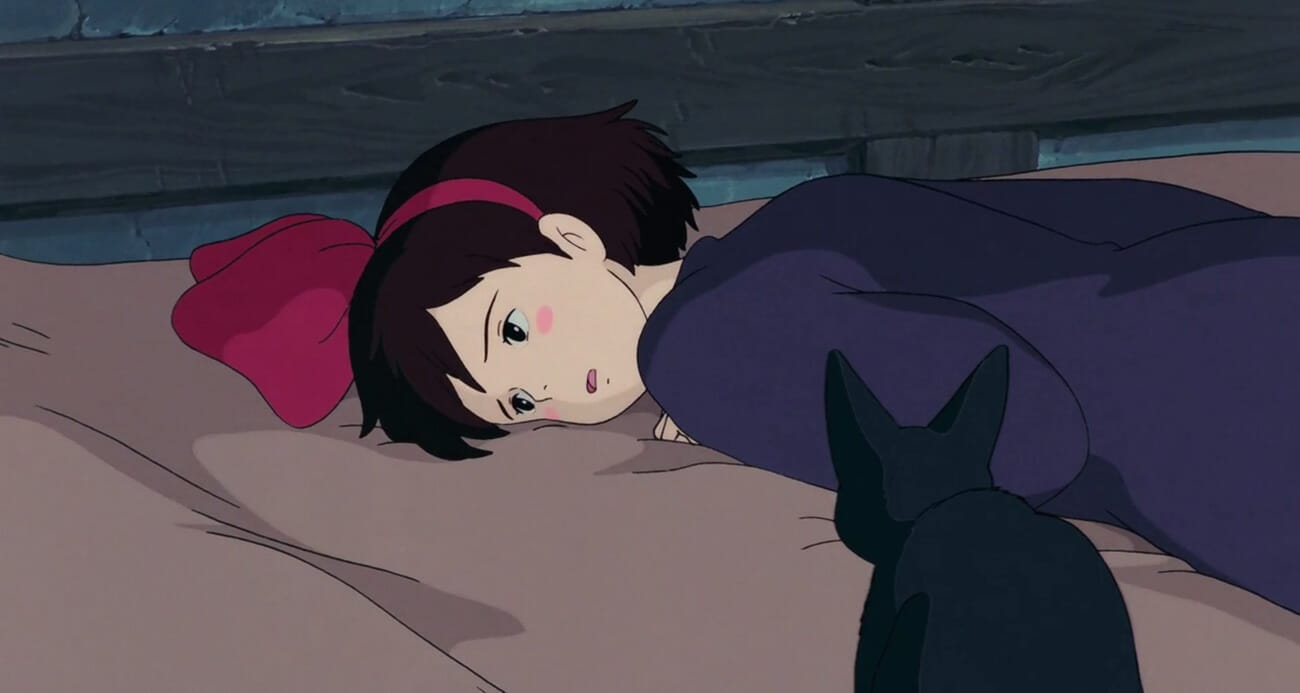
“I think something’s wrong with me,” Kiki laments to her faithful familiar, Jiji, “I make friends, then suddenly I can’t bear to be with any of them. [It] seems like that other me, the cheerful and honest one, went away somewhere.”
I know that I’ve personally felt this way before: exasperated with mental exhaustion and general malaise. Was our protagonist battling depression? Wasn’t this just another cute story about a helpful witch and her cat? In fact, the experience proves to be so much more. It’s a consoling experience, as illuminative as the night sky from the view of a magic broom.
The world as I knew it was ending. I was battling sleepless nights and an ever-encompassing lachrymose demeanor. But this simple film, adorned in endearing life lessons, swooped in and snapped me out of it. Kiki was helping those in need in Koriko and beyond. She helped me, but she wasn’t alone. Whether it was Ursula, the independent naturalist painter who taught Kiki that “finding inspiration isn’t always easy,” or the beloved and wise (-cracking) cat, Jiji, nearly every scene delighted with the help of the film’s significant supportive characters.
Jiji, the more cynical of the two, would share a bond not only with Kiki, but with Jeff, the large dog of a customer, and Lily, another cat. Carving a standout presence throughout the film.
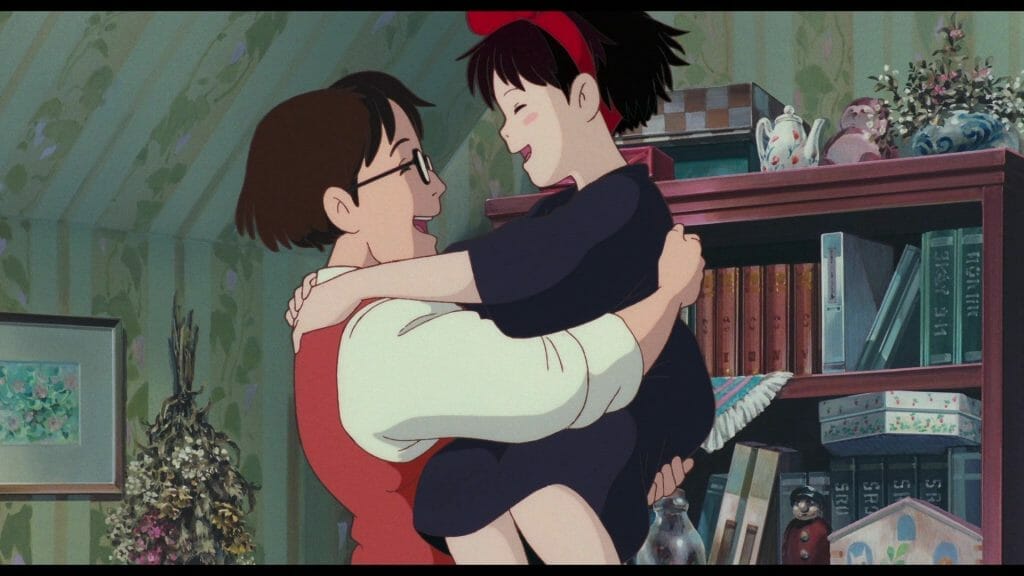
So, it pained me to watch Jiji find romance with the neighboring cat, Lily, who seemingly had no interest in him, initially ignoring his attempts to get her attention. Although Lily couldn’t deny his certain charm for too long and the two began spending more time together. On a selfish level, I knew what their love meant for the relationship Jiji shared with Kiki, but who doesn’t adore a love story with cats? Especially one that leads to (spoilers) adorable kittens! In the end though, Jiji eventually loses his ability to communicate with Kiki, and settles down with his new love.
Still, it leads one to wonder: why can’t Jiji speak anymore? And, more important, where does that leave the dynamic duo’s delivery service?
As the stresses from work and life continue to mount, her magic begins to dissipate, and her powers wane. And really, who hasn’t felt this weight upon them before? Beaten down from the ceaseless grind of daily life and the spectre of one’s own perceived failures?
Ultimately, Kiki realizes that taking a break, in both mental and physical senses, is just as important as being prompt with her deliveries. Her powers return just in time to save Tombo from a falling dirigible and, in doing so, another message is delivered: “You cannot begin to take care of others if you do not take care of yourself.“
It’s impossible to state just how many parcels of wisdom Kiki’s Delivery Service can truly deliver. Still, it’s hard to argue that there isn’t one that stands First Class above the others. As Kiki’s mother, Kokiri, would say: when facing a problem that seems out of one’s control “just follow your heart and keep smiling.”


